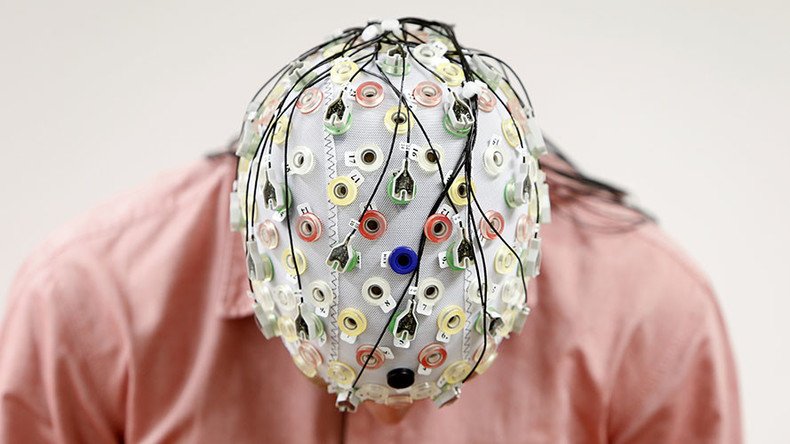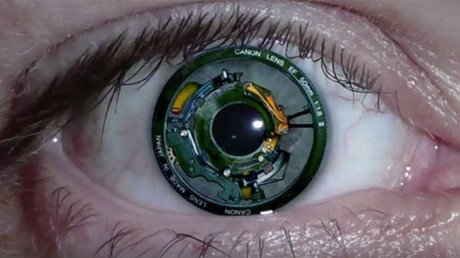Brain stimulation to help US drone operators, airmen perform better at multitasking – study

Many military jobs are mentally draining, so much so that US military scientists have developed a device to improve the cognitive abilities of servicemen by sending electrical pulses to specific parts of the brain’s cortex to help neurons fire.
Scientists at Wright-Patterson Air Force Base in Ohio found in their study that personnel’s performance drops soon after they start work if the job is too stressful.
“Within the air force, various operations such as remotely piloted and manned aircraft operations require a human operator to monitor and respond to multiple events simultaneously over a long period of time,” the study says.
“With the monotonous nature of these tasks, the operator’s performance may decline shortly after their work shift commences.”
To deal with this problem, they have developed brain stimulation kits, which use five electrodes to transfer weak electric currents through the skull and into specific parts of the cortex.
In a string of experiments at the air force base, researchers had 16 men and four women (average age of 31) take a test developed by NASA and aimed at assessing multitasking skills. During the test, the subjects had to keep a crosshair inside a moving circle on a computer screen, while at the same time constantly monitoring and responding to three other tasks on the screen.
Half of the participants had a constant two milliamp current transferred to the brain throughout the 36-minute test, while the other half only had 30 seconds of stimulation at the beginning.
The results showed that the first group started performing better four minutes into the test.
“The findings provide new evidence that tDCS (transcranial direct current stimulation) has the ability to augment and enhance multitasking capability in a human operator,” and the effect is “profound,” the study says.
The new technology is regarded as a safer option than prescription drugs like Modafinil and Ritalin – both of which are used by the military to enhance performance.
However, despite having no immediate harmful effects, tDCS’s long-term safety is unknown, and some have expressed concern over its use once it is approved.
“I have more serious worries about the extent to which participants can give informed consent, and whether they can opt out once it is approved for use,” he said. “Even for those jobs where attention is absolutely critical, you want to be very careful about making it compulsory, or there being a strong social pressure to use it, before we are really sure about its long-term safety,” Neil Levy, deputy director of the Oxford Centre for Neuroethics, told The Guardian.
The fact that this technology could be used without regulation causes concern, and young people whose brains are developing may try to experiment with higher currents than those used in lab tests, he added.
“If you use high currents you can damage the brain,” Levy said.
Nevertheless, the discovery is a breakthrough, and could prove very helpful, he concluded.
“It may have a levelling-up effect, because it is cheap and enhancers tend to benefit the people that perform less well.”
What remains to be seen is how long the enhancement can last, the scientists wrote.
“Future research should be conducted to determine the longevity of the enhancement of transcranial direct current stimulation on multitasking performance, which has yet to be accomplished.”














